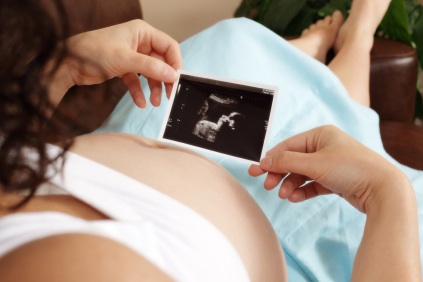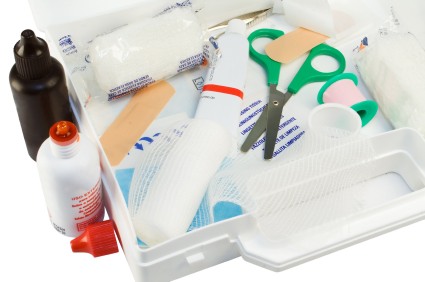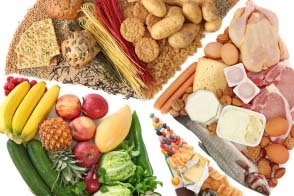
The Pregnant Woman [Illustration by Anup Singh]
And there is nothing to get upset about. The best guide to eating well so that your baby gets all she needs, is to eat a healthy and balanced meal. Sure you will put on weight, but then the fat is being stored in your body for the baby. So, for this once, you can convince yourself that eating and putting on weight is not a bad thing. Weight gain is also a very important sign of how the pregnancy is progressing. A full-term pregnancy usually means a weight gain of 10 to 12 kgs. But don’t panic if you have put on a little more than that. You will start losing it the moment you start breastfeeding.
Not eating well will rob your baby of calories and nutrients. This could result in a premature delivery, low birth rate or higher chances of health problems.
Eating well, but not more than necessary
While nutrition is what you need to concentrate on, your daily calorie needs during the first trimester are the same as they were before pregnancy (approx. 2200 calories – this will differ depending on your height, weight and activity level). This will increase by only 100 to 300 calories per day during the second and third trimesters. The calorie requirements during this period too differ from woman to woman. But more than anything, what you need most are vitamins and minerals.
Nothing could be easier, if you eat according to the Food Guide Pyramid. That would not only be best for your baby, but also for you as you would not put on unnecessary weight – which can also cause problems and doesn’t necessarily lead to a healthier baby.
Food Guide Pyramid
- Six or more daily servings of grains – preferably full grain. Chapatti, rice, breads and other grain products provide B vitamins. If they’re whole grains, they also provide trace minerals, such as chromium, iron and selenium and add fibre to prevent constipation, haemorrhoids and other inconveniences of pregnancy.
- Five to nine daily servings of fruits and vegetables. These supply beta-carotene, vitamin C and folic acid. All of these nutrients are essential for your health and that of your developing baby.
- Three to four daily servings of low-fat or non-fat dairy products. Milk and other dairy products supply protein, calcium, vitamin D, vitamin B12, vitamin B2 and magnesium – nutrients essential for the baby’s normal bone, muscle, and nerve function.
- Three daily servings of extra-lean meats or other protein sources. Chicken, fish and cooked dried beans and peas provide protein, iron, magnesium, zinc, vitamin B6, vitamin B12, and other B vitamins – nutrients necessary for the baby’s blood, muscle, and nerve development.











I had 3 miscarrages and after that found PCOS. now taking Glucophage 850mg bd. Now againg I,m pregnent. 5 weeks for the foetus. but I dont feel anything what will happen to my baby. is he a healthy baby
8months pregnant and always feel like eating ochre so is it safe to eat it or not please advise.
I am pregnant for 12weeks .l hve thyroid problem. So i m over weight.plz help me for proper dietso that my weight will be in control without any harm to my baby
Is Eating omlett and pind khajur healthy in pregnancy or not
Iam 3 pregnant now I dont feel like eating rice iam taking little quantity of rice n more fruits.
Will this food effect my baby..?
Monthwise Diet during pregnancy
Scan showed I have small baby at seven months
Advise please on diet to use